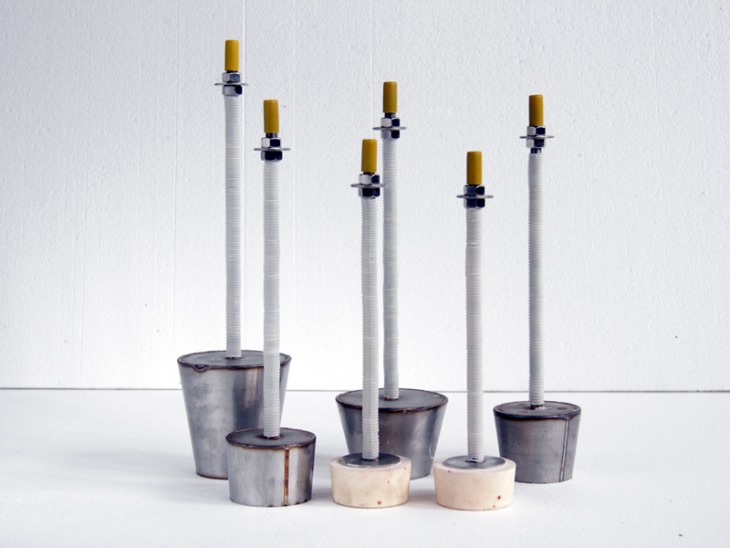- 21
- Oct
How to correctly construct refractory ramming materials
How to correctly construct refractory ramming materials
Refractory ramming material is made of silicon carbide, graphite, electric calcined anthracite as raw materials, mixed with a variety of ultrafine powder additives, and fused cement or composite resin as a binder. It is used to fill the gap between the furnace cooling equipment and the masonry or the filler for the masonry leveling layer. Fire-resistant ramming material has good chemical stability, erosion resistance, abrasion resistance, shedding resistance, and heat shock resistance. It is widely used in metallurgy, building materials, non-ferrous metal training, chemical, machinery and other manufacturing industries.
A: Use a wooden mallet or rubber mallet to hit it tightly during construction. When smearing or ramming, the thickness of the fabric should be checked at any time, and the thickness should be uniform and the surface should be flat. Then wipe out the glossy surface with a spatula. It is forbidden to brush water, grout or sprinkle dry cement on the outside.
B: For the construction of fabrics with tortoise shell net structure, the area of tortoise shell net lining should not be too large each time. It should be filled up and tamped hole by hole to make the surface of the fabric flush with the tortoise shell net. When the construction is continuous, the residual material in the tortoise shell nets at the unconstructed parts should be cleaned up.
C: Set expansion joints according to construction requirements, and the expansion joints are filled with refractory fibers.
After the construction is completed, naturally maintain the appearance at room temperature, and it is forbidden to spray water. The temperature of the maintenance environment should be above 20℃ as much as possible. When the ambient temperature is lower than 20°C, the maintenance time should be extended appropriately or other corresponding measures should be taken depending on the hardening condition.

